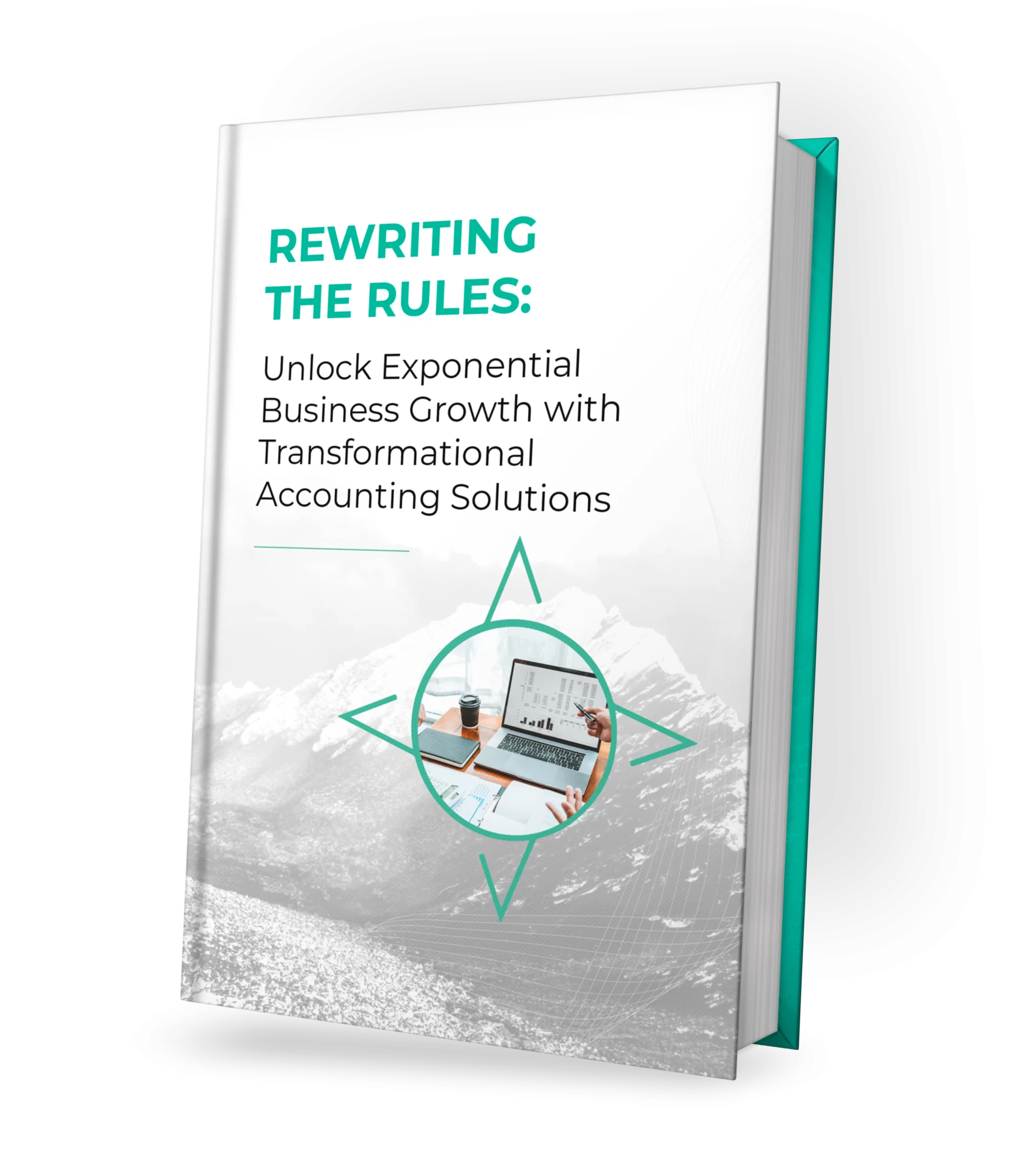When it comes to startup fundraising, it’s important to understand the investment structures available to align the interests of your startup and investors. In this article, we’ll explore the most common funding options, including SAFEs, convertible notes, preferred stock, common stock, venture debt, and warrants. We’ll discuss the pros and cons of each option, explain when each structure may be appropriate, and explain which types of investors typically prefer each instrument.
Table of Contents
- SAFEs (Simple Agreement for Future Equity)
- Convertible Notes
- Preferred Stock
- Common Stock
- Venture Debt
- Warrants
SAFEs (Simple Agreement for Future Equity)
SAFEs are a type of convertible security allowing investors to purchase equity in a future priced round. They are often used in early-stage fundraising, particularly for pre-seed and seed rounds. SAFEs are popular among angel investors and early-stage venture capital firms who are comfortable with the risks associated with investing in young startups without much operating history.
These investors prefer SAFEs because they offer a simple, fast, and cost-effective way to invest in promising startups without the need for immediate valuation or complex legal negotiations. Additionally, they offer the potential for equity conversion at a discount or valuation cap to a future funding round as incentive for investing now. SAFEs align the interests of investors and founders, as both parties benefit from the startup’s success and future equity rounds.
Pros:
- Simple and fast to execute with minimal legal fees
- No maturity date or interest rates
- Provides flexibility for future fundraising
Cons:
- Lacks investor protections compared to convertible notes
- No guarantee of conversion if no future equity round occurs
- Potential for greater dilution if valuation caps are not set
SAFEs are an attractive option for early-stage investors willing to take on higher risk in exchange for the potential of significant returns. For startups, they provide a streamlined way to fundraise at the earliest stages while deferring valuation to a later date.
Convertible Notes
Convertible notes are short-term debt instruments that convert into equity during a future funding round. They are commonly used as a bridge between funding rounds or when a startup and investor cannot agree on a valuation. Convertible notes are often preferred by angel investors and early-stage venture capital firms who want to invest in startups but also desire some level of protection for their investment.
These investors choose convertible notes because they offer the potential for equity conversion at a discount or valuation cap while also providing a maturity date and interest accrual. This structure gives investors more security compared to SAFEs, as they have the option to recoup their investment if the startup fails to raise additional funding or achieve certain milestones. For startups, it provides the ability to fundraise quickly without the need for complex negotiations on valuation.
Pros:
- Defers valuation negotiations until the next equity round
- Provides interest accrual, offering higher potential returns for investors
- Includes investor protections such as maturity dates and default provisions
Cons:
- Requires interest payments or additional value at conversion, adding to the startup’s expenses and/or dilution
- Introduces the risk of debt default if unable to raise the next round
- Can become burdensome if multiple notes are issued over time
In summary, convertible notes are a suitable choice for early-stage investors who want to balance the potential for equity upside with some downside protection. They provide a way to invest in startups while mitigating some of the risks associated with early-stage investing.
Preferred Stock
Preferred stock offers investors certain rights and preferences over common stockholders. It is typically issued in later-stage funding rounds, such as Series A and beyond. It is the investment vehicle of choice for venture capital firms and institutional investors who invest in startups that have demonstrated traction and are ready to scale.
This security provides investors with downside protection through liquidation preferences and anti-dilution rights while offering the potential for significant returns if the startup succeeds. Preferred stockholders often receive voting rights and board seats, allowing them to have a greater say in the startup’s strategic direction.
Pros:
- Provides investors with liquidation preferences and anti-dilution protection
- Often includes voting rights and board seats
- Signals company maturity and validation to future investors
Cons:
- Requires complex legal documentation and higher legal fees
- Can create multiple classes of stock with differing rights
- May limit founder control and future decision-making power
In conclusion, preferred stock is the go-to investment structure for mid to later-stage investors who want to balance risk and reward. It provides investors with enhanced rights and protections while also allowing them to participate in the startup’s upside potential.
Common Stock
Common stock represents basic equity ownership in a startup and is typically held by founders, employees, and some early investors. It is the most basic form of equity and is often issued to team members as part of their compensation packages. Angel investors and venture capital firms may receive common stock for their investment, particularly if they invest alongside the founders in the early stages.
These investors receive common stock because they believe in the startup’s long-term potential and want to align their interests with the founders. Common stockholders have voting rights and the potential for capital appreciation if the startup succeeds, but they also bear greater risk of losing their investment if the startup fails.
Pros:
- Offers voting rights and potential for capital appreciation
- Aligns interests between founders and employees
- Can be used as compensation to attract and retain talent
Cons:
- Subordinate to preferred stock in liquidation events
- No guaranteed dividends or liquidity
- Dilution risk as the company raises additional funding
In conclusion, common stock is the most basic form of equity ownership and is typically held by those who are most closely involved with the startup’s success, such as founders, employees, and early investors. It offers the potential for significant returns but also carries the highest risk.
Venture Debt
Venture debt is a type of debt financing provided by specialized lenders to venture-backed startups. It is often used to extend a startup’s runway between equity rounds or to finance specific growth initiatives. Venture debt is typically provided by banks, venture debt funds, and other specialized lenders who have experience working with startups and understand the risks associated with this type of financing.
These lenders offer venture debt because it allows them to earn a return on their capital while also having the potential to participate in the startup’s equity upside through warrants (see more on warrants below). Venture debt is usually available only to startups that have already raised significant venture capital and have strong growth prospects.
Pros:
- Non-dilutive capital that extends the startup’s runway
- Complements equity financing rounds
- Allows startups to hit milestones before raising more equity
Cons:
- Requires warrants, giving lenders the right to purchase equity (see more on warrants below)
- Strict financial covenants and default provisions
- Typically available only to startups with strong growth and VC backing
In summary, venture debt is a specialized form of financing that is provided by lenders who are experienced in working with startups. It can be a useful tool for extending a startup’s runway and financing growth initiatives. However, it is typically only available to startups that have already demonstrated significant traction and have the backing of venture capital investors.
Warrants
Warrants are a type of security that gives the holder the right, but not the obligation, to purchase a company’s stock at a specific price within a predetermined period. They are often used as “sweeteners” in venture debt deals to incentivize lenders to provide capital at more favorable terms. Warrants can also be offered to investors in equity financing rounds to encourage participation or to strategic partners to align long-term interests.
Warrants are typically structured with a specific number of shares that can be purchased, an exercise price (often set at the current financing round’s price or at a premium), and an expiration date. They are valuable to the holder only if the company’s stock price appreciates above the exercise price before the expiration date.
For startups, issuing warrants can be a way to secure more favorable financing terms or to incentivize key partners. However, it’s important to consider the potential dilutive impact on existing shareholders and to use them in a way that aligns with the company’s long-term goals.
Conclusion
Each startup investment structure comes with its own set of advantages and disadvantages. The options above appeals to different types of investors depending on the stage of the startup and the level of risk and reward they are seeking. By understanding the preferences and motivations of various investors, entrepreneurs can make informed decisions about which funding options to pursue.
Need Help Analyzing Your Startup’s Fundraising Options?
Navigating the landscape of startup investment structures can be challenging. If you need assistance evaluating your startup’s fundraising options our team at Proseer is here to help. As a modern accounting firm specializing in serving entrepreneurs and venture-backed startups, we have the expertise and experience to guide you through the fundraising process.
Contact us today to schedule a consultation and take the first step towards securing the capital your business needs to thrive.

